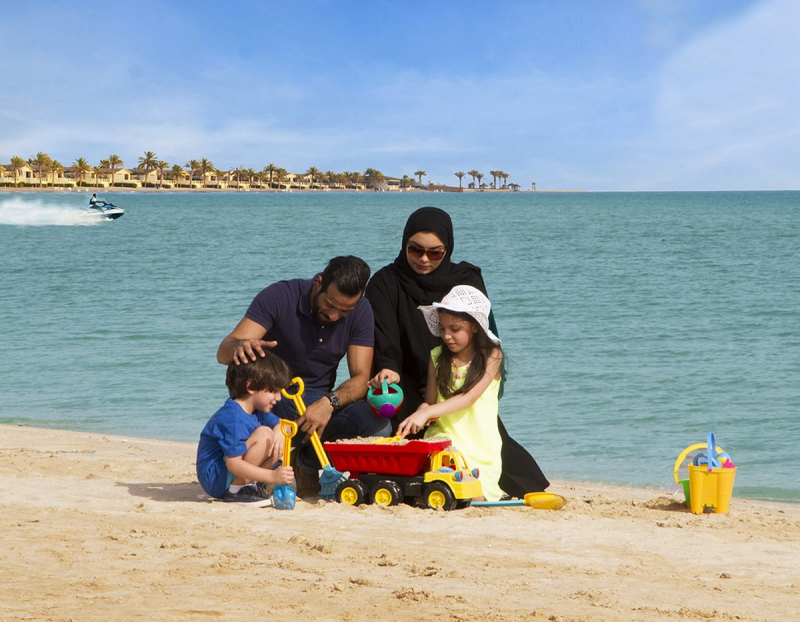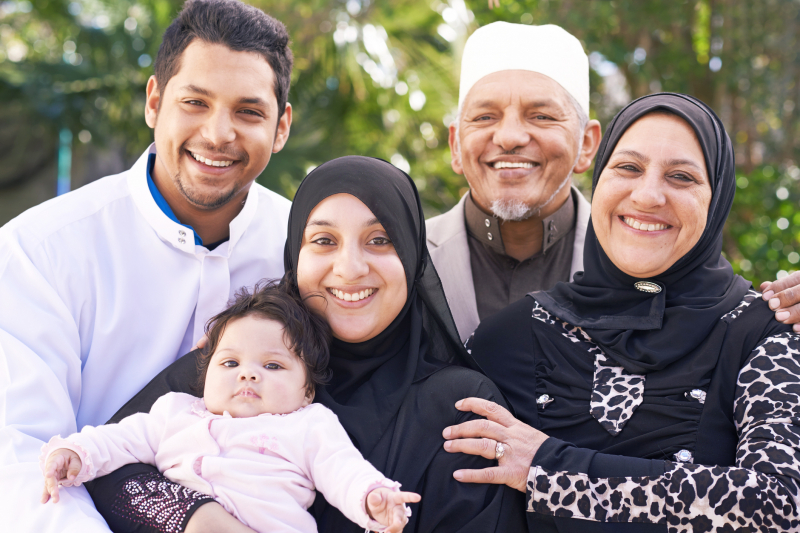Family Values
The family was the most important social institution in Saudi Arabia. The family was the primary source of identity and status for most Saudis. Families formed alliances with other families who shared common interests and lifestyles, and individuals tended to socialize within the circle of these family alliances. A family business was typically open to participation by sons, uncles, and male cousins, and served as a social welfare safety net for all members of the extended family.
Families in Saudi Arabia, like families throughout the Middle East, were patriarchal, with the father serving as an authoritarian figure at the top of an age and gender hierarchy. Although relationships with maternal relatives were important, the family identity was tied to the father, and children were thought to belong to him rather than the mother. A family could thus be defined as a man, his children, and his children's children through patrilineal descent at its most limited.
The patriarchal family was supported by cultural and religious values that pervaded society as a whole and were most visible in tribal values and practices. Families shared a sense of corporate identity, and the individual's ability to live up to socially prescribed ideals of honor was used to measure family esteem.












